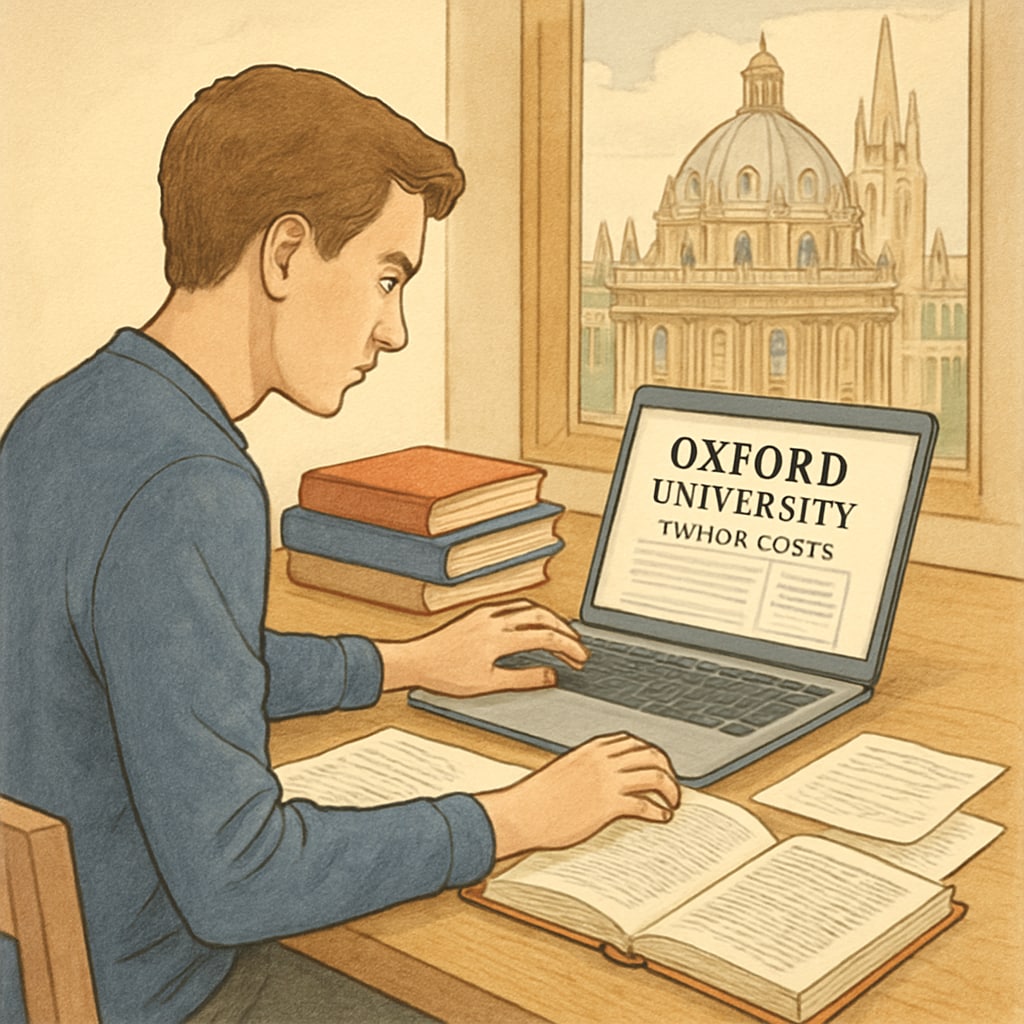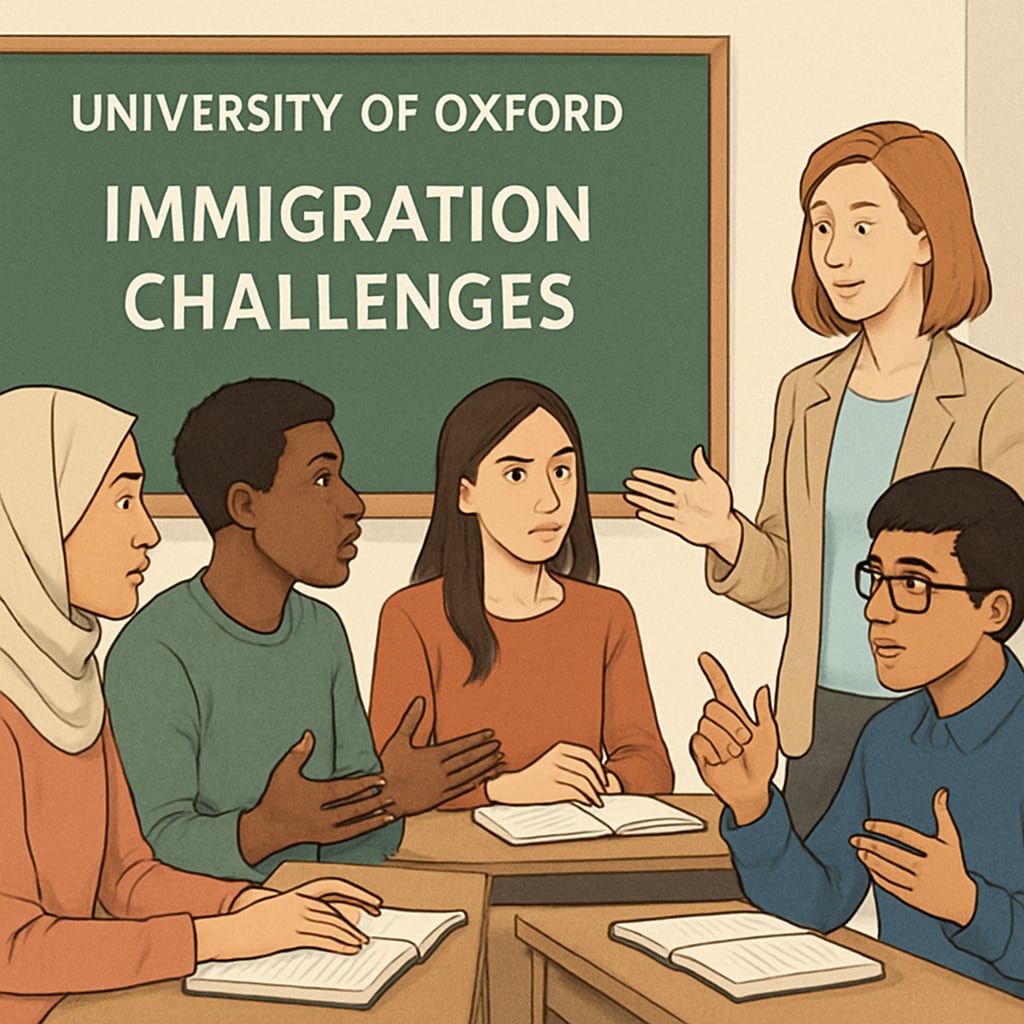In the UK, immigrant students encounter significant barriers to accessing higher education, including economic challenges and restrictions tied to immigration status. For example, a Nigerian immigrant student enrolled at Oxford University faces exorbitant international student fees and limitations imposed by immigration policies. These obstacles highlight the urgent need for reform to ensure talent and ambition are not hindered by systemic inequalities.
Economic Barriers: The High Cost of International Education
The financial burden of studying in the UK is one of the most pressing issues for immigrant students. International student fees at prestigious universities like Oxford can exceed £30,000 annually, which is often unattainable for families from low-income backgrounds. This financial strain is further exacerbated by restrictions on work hours for those on student visas, limiting their ability to supplement their income.
Additionally, many immigrant students are ineligible for government loans or scholarships available to domestic students. This disparity creates a two-tiered system where immigrant students must rely on private funding or external scholarships, which are highly competitive and limited in availability.

Identity-Related Restrictions: Immigration Policies and Their Impact
Immigration policies in the UK often place significant constraints on students’ ability to fully engage in their education. For instance, visa requirements may prevent immigrant students from staying in the UK after graduation, limiting their ability to pursue employment that aligns with their studies. This discourages long-term investment in their education and future career prospects.
Furthermore, immigrant students frequently face social barriers such as discrimination or lack of representation in academic spaces. These factors can lead to feelings of isolation and reduced academic performance. While universities like Oxford have programs aimed at promoting inclusion, systemic issues persist and require broader policy changes.

Case Study: A Nigerian Student’s Experience at Oxford
A Nigerian student attending Oxford University exemplifies these challenges. Despite exceptional academic achievement, they must navigate the dual pressures of high tuition fees and restrictive immigration policies. Their story underscores the necessity of creating an equitable system that supports talented individuals, regardless of their background.
This case is not unique; similar experiences are reported across the UK, suggesting that current policies disproportionately affect immigrant students. As a result, many talented individuals are forced to turn away from opportunities that could benefit both themselves and society.
The Call for Reform
To address these issues, policymakers must consider measures that reduce economic and identity-related barriers for immigrant students. For example:
- Offering government-backed loans to immigrant students to ease financial strain.
- Creating pathways for permanent residency for students who graduate from UK universities.
- Expanding inclusion programs to foster a welcoming environment for diverse student populations.
These initiatives can help ensure that the UK remains a global leader in education while promoting diversity and equity. As a result, talented individuals from immigrant backgrounds can contribute meaningfully to academia, industry, and society.
Ultimately, addressing the challenges faced by immigrant students is not just a matter of fairness; it is a vital step toward creating a more inclusive and innovative educational landscape.


